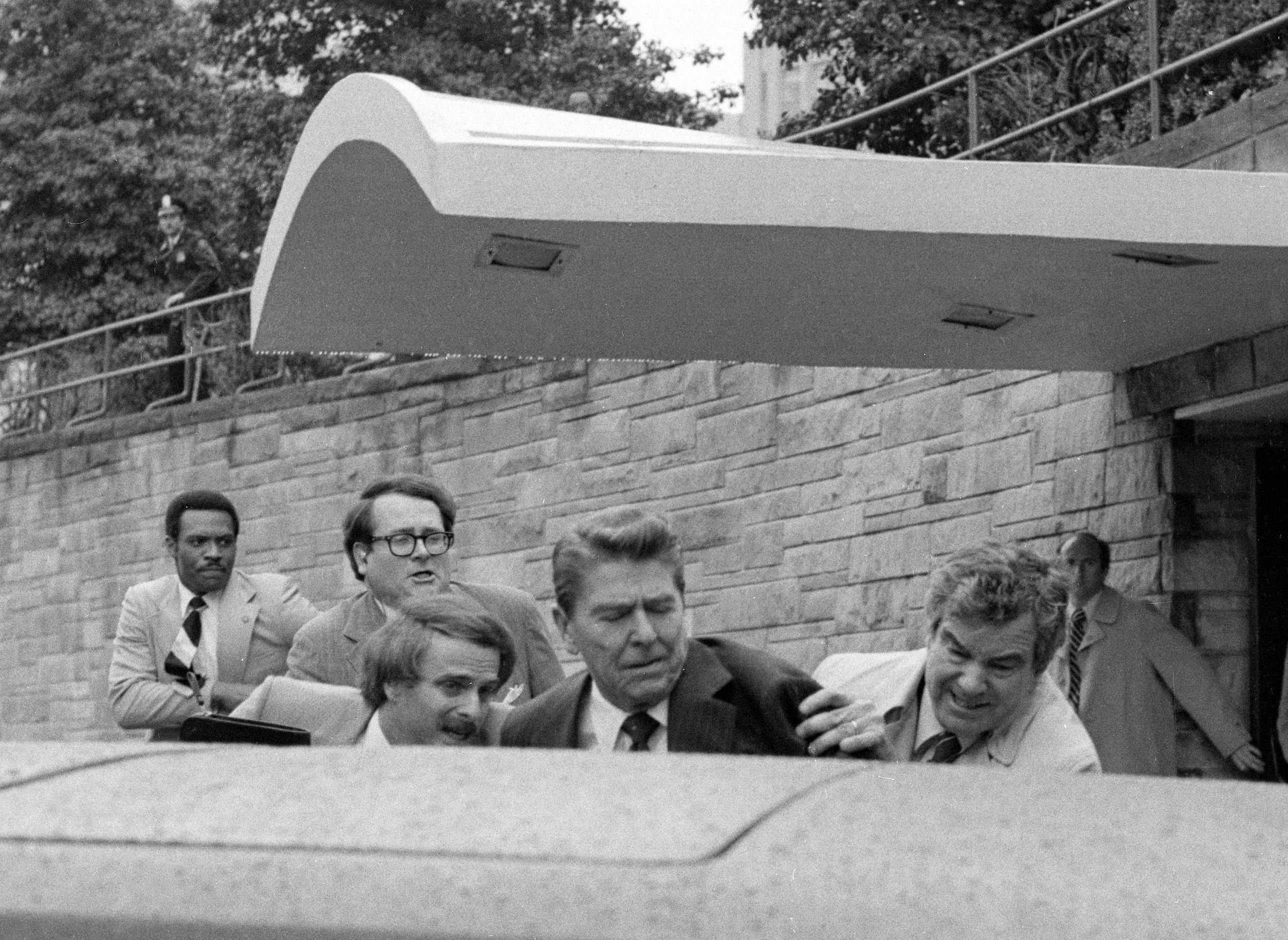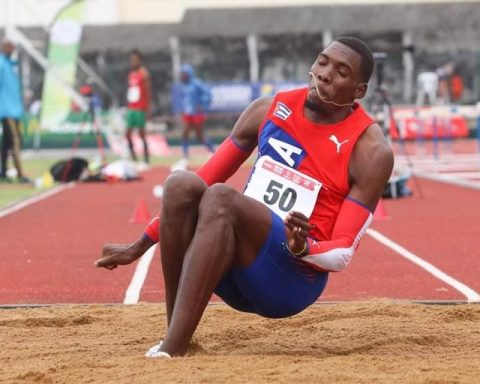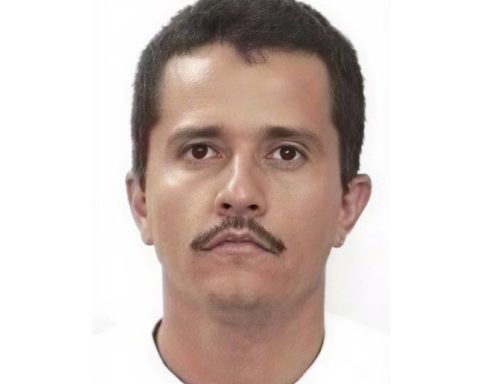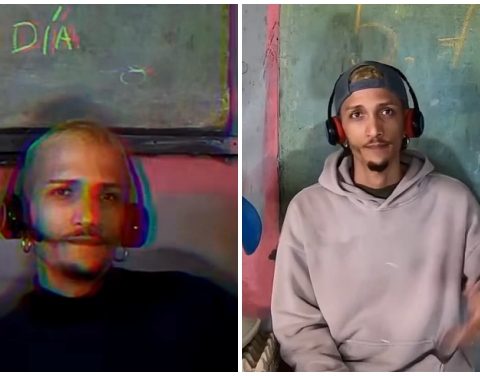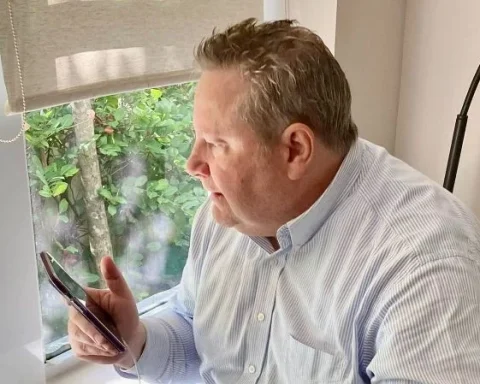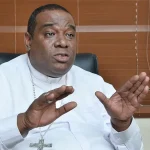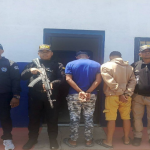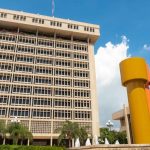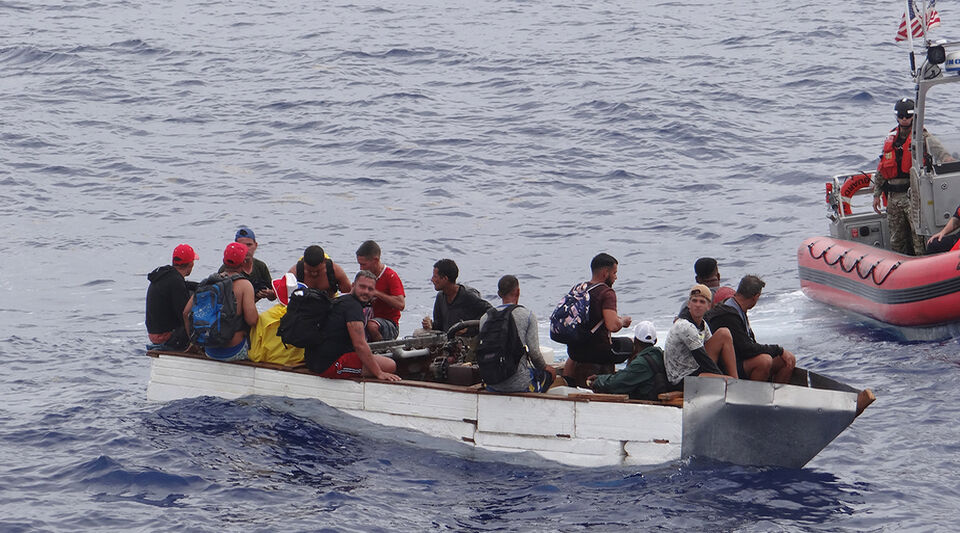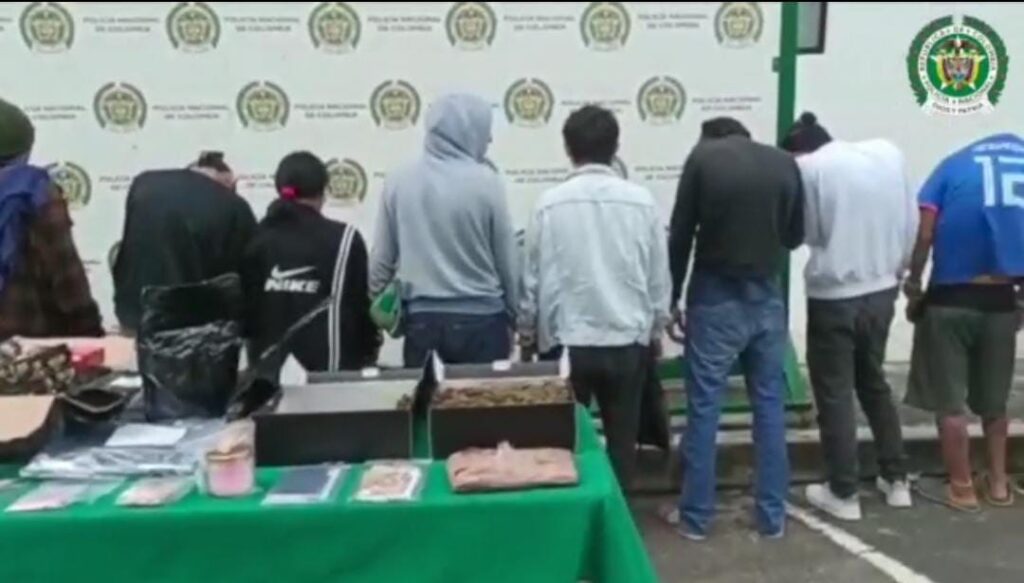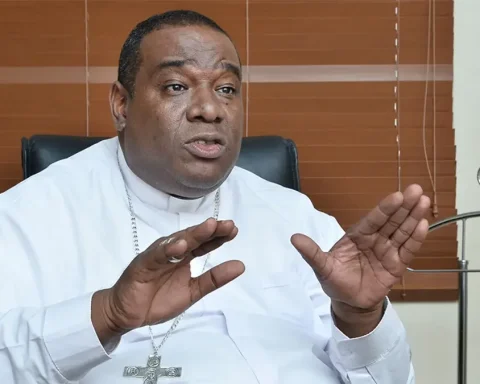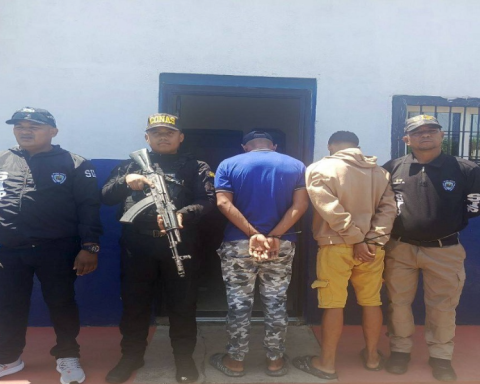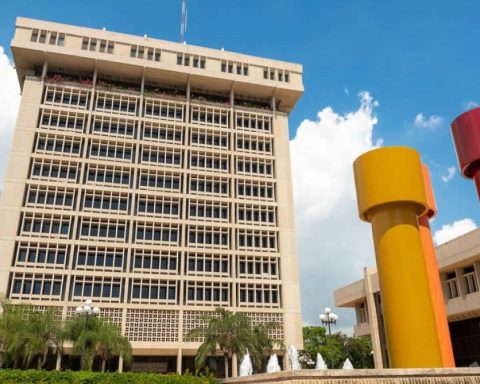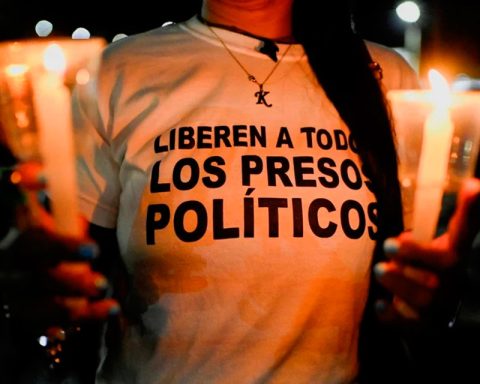The man who in 1981 tried to assassinate President Ronald Reagan has been released this Wednesday from all judicial restrictions. He is now a free old man.
John Hinckley Jr., who shot and wounded the president, his spokesman, a police officer and a bodyguard, was acquitted for “insanity”, among other reasons because he said that with the act he wanted to attract the attention of actress Jodie Foster, of the one he was in love with. He has spent more than 40 years in a psychiatric hospital and a holding home for people with mental problems. As of today he is released from all medical supervision.
“After 41 years, 2 months and 15 days, FREEDOM AT LAST!” Hinckley wrote on Twitter shortly after 12 p.m.
The lifting of all restrictions was expected from the end of last September. District Court Judge Paul L. Friedman in Washington DC said he would release Hinckley on June 15 if he remained mentally stable in the Virginia community where he has lived since 2016.
According to the AP agency, his next activity is to star in a public concert in July, as part of the “Freedom for Hinckley” campaign, in Brooklyn, New York, since during his retention he discovered that he can sing and play the guitar. He has not yet established a venue for the recital, nor is it known who has hired him. At the moment it is known that he has almost 30,000 followers on Twitter and YouTube in recent months, when the judge loosened the restrictions before lifting them completely.
But the gray-haired 67-year-old is far from the household name he became after shooting and wounding the 40th president of the United States outside a Washington DC hotel.
Historians contend that Hinckley is at best a question on a quiz show, someone who unwittingly helped build the Reagan legend and pushed for tighter gun control.
“If Hinckley had succeeded in killing Reagan, he would have been a pivotal historical figure,” Reagan historian and biographer HW Brands said in an email to the AP. “As he is, he is a lost soul whom history has already forgotten.”
Barbara A. Perry, a professor and director of presidential studies at the University of Virginia’s Miller Center, said Hinckley might be a question on a television talk show.
But his impact remains tangible in the Reagan legacy. “That the president himself was so seriously wounded (a bullet punctured his lung) and was able to save himself, that alone really made Ronald Reagan the legend that he became…like the movie hero that he was. Perry said.
Reagan showed grace and humor in the face of death, Perry said. After being shot, the president told emergency room doctors that he hoped they were all Republicans. He later joked with his wife Nancy that she was sorry she “forgot to bend down.”
The assassination attempt paralyzed Reagan’s press secretary, James Brady, who died in 2014. The White House briefing room has been named after him.
In 1993, President Bill Clinton signed into law the Brady Act, which mandates a five-day waiting period for firearm purchases and background checks on prospective purchasers.
The shooting also injured Secret Service agent Timothy McCarthy and Washington police officer Thomas Delahanty.
McCarthy told the AP last year that he didn’t have “many good Christian thoughts” about Hinckley.
“But in any case, I hope they’re right,” McCarthy, then 72, said of Hinckley’s imminent release “because this man’s actions could have changed the course of history.”
Hinckley was 25 years old and suffering from acute psychosis when he shot Reagan and the others. When the jurors found him not guilty by reason of insanity, they said he needed treatment and not a life sentence. He was ordered to live at St. Elizabeth’s Hospital in Washington DC.
